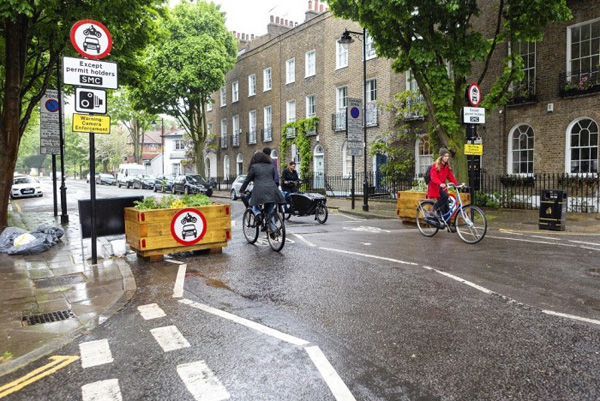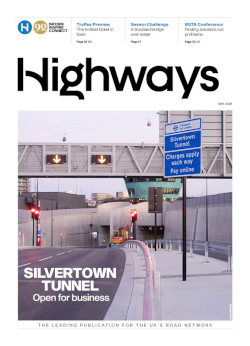Officials have confirmed that last year’s allocation of £200m government funding for cycling and walking excluded low traffic neighbourhoods (LTNs) because no LTN bid matched funding criteria rather than because ministers had blocked such schemes.
At the time, the Department for Transport (DfT) pointed out that projects awarded cash ‘do not include any low traffic neighbourhood schemes’, adding that local authorities had worked closely with local people to ensure the schemes benefit the community as a whole.

Conservative newspapers were briefed that transport secretary Mark Harper had ‘stripped funding from all projects which involve the creation of car-free zones’ or that ministers had excluded LTNSs from the £200m allocation, which fell under fourth Active Travel Fund round (ATF4)
However, documents disclosed under the Environmental Information Regulations show that the absence of LTNs was because none of these schemes seeking funding were deemed to be good enough when assessed by Active Travel England (ATE).
Officials have confirmed that last year’s allocation of £200m government funding for cycling and walking schemes excluded low traffic neighbourhoods (LTNs) because no LTN bid matched funding criteria rather than because ministers had blocked such schemes.
The DfT confirmed that this tool remains unchanged but is currently undergoing review, with a revised toolkit and associated guidance due in the spring.
ATE was set up as a DfT-sponsored executive agency under Boris Johnson’s 2020 Gear Change policy as the budget holder and body responsible for approving schemes benefiting from active travel funding.
Despite claims that ministers had intervened to block LTNs from receiving money, ATE told Transport Network that the correct process was followed in allocating under ATF4 funding.
It said that each bid underwent a robust assessment process that considered a range of criteria, with funding decisions taken based on quality, deliverability and value for money, adding that that the same process continues to be in place for future funding rounds.
The disclosure follows the release of DfT document confirming that officials had to tackle ministerial misconceptions ahead of its current review of LTNs.





